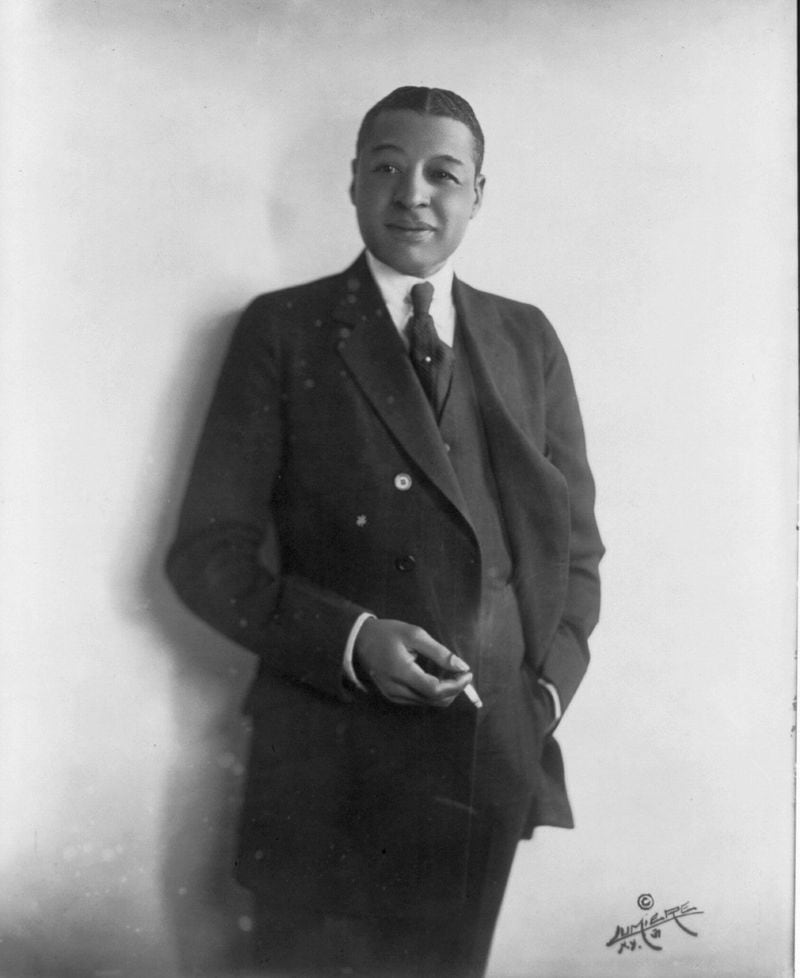Comedian and actor W.C. Fields once called Bert Williams the funniest man he ever saw and the saddest man he ever knew.
What is certain, however, is that Egbert Austin Williams, a Bahamian-American entertainer, was one of the nation’s greatest vaudevillian performers and comedians.
At the same time, he also faced racial prejudices from whites as he toured the nation and disdain from some African-Americans for donning burnt cork as blackface.
Williams was born on Nov. 12, 1874, in Nassau, Bahamas, and at age 11 moved to Florida with his family and, later, to Riverside, Calif.
Williams always had a knack for entertaining classmates and friends.
He ran away from home at age 16 to join a medicine show but then returned home, according to the Encyclopedia of World Biography.
He wanted to attend Stanford University, but the tuition was not affordable, so to earn money, he joined the minstrel shows, which were extremely popular at the time.
In 1893, Williams signed on with Martin and Selig’s Mastodon Minstrels, where he met George Walker.
The two would be partners for the next 16 years.
RELATED: Eartha Kitt: From small town to international stages
Walker was the nattily dressed straight man, while Williams was his bumbling but quick-witted sidekick.
Their best-known shows included Victor Herbert’s “The Gold Bug,” “Abyssinia” and “In Dahomey.”
According to the Encyclopedia of World Biography, Walker retired in 1908. Williams, though, continued his career, starring in Broadway’s “Mr. Load of Koal” in 1910.
RELATED: Fannie Lou Hamer: 'Sick and tired' sharecropper became political force
The next year, he signed on with the Ziegfeld Follies as its only black performer.
Williams made roughly 80 recordings from 1901 to 1922.
He died on March 4, 1922, in New York of pneumonia and heart disease.
Throughout February, we’ll spotlight a different African-American pioneer in the daily Living section Monday through Thursday and Saturday, and in the Metro section on Fridays and Sundays. Go to myAJC.com/black-history-month for more subscriber exclusives on people, places and organizations that have changed the world, and to see videos on the African-American pioneer featured here each day.
About the Author






